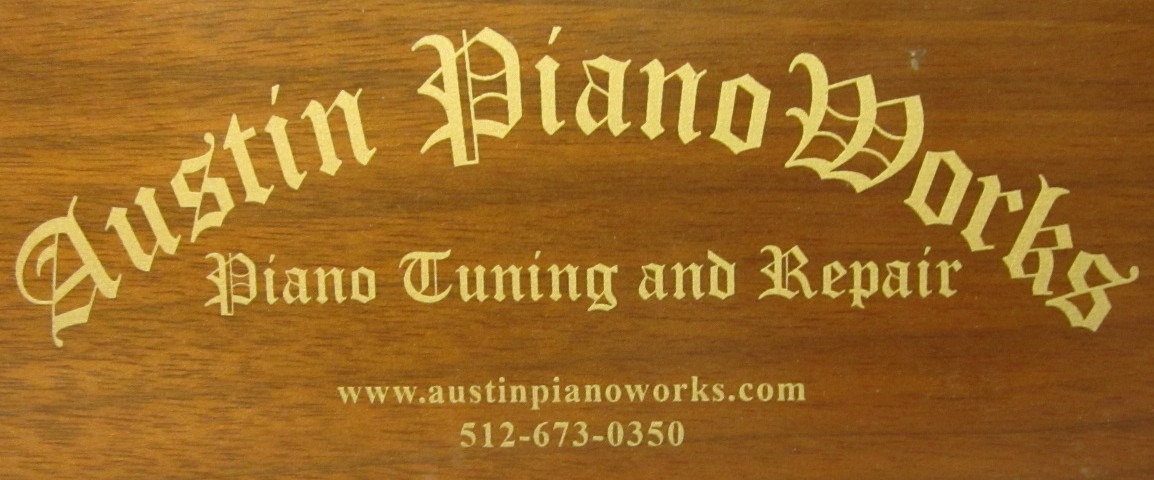What's an RPT?
RPT stands for Registered Piano Technician. I can testify that it's not a designation that is easy to attain. When you search for a good piano technician, you are searching a trade that is unregulated. That means that Joe Schmoe can make a snazzy website and claim to be a Piano 'Tooner' as soon as he figures out how to hold the tuning hammer he bought off Amazon. And with modern tuning apps so readily available, how hard can it be, right? Wrong. Obviously.
About four decades ago, sensing that the trade could easily become a place for unethical bottom feeders who want to make a quick buck, the Piano Technicians Guild set its own standards of proficiency to qualify piano technicians as "Registered." The title must be earned by passing three examinations. From the Piano Technician's Guild website it says
"...To attain the RPT classification, a PTG member must pass three examinations. A written exam tests basic knowledge of piano design, tuning theory, repair techniques and various other topics relevant to piano technology. Two separate practical, hands-on exams test tuning and technical skills. The practical exams are administered by panels of RPTs under the leadership of examiners trained and certified in standardized exam procedures. Exam procedures are designed to comply with standards of objectivity mandated by US anti-trust legislation, thus assuring that exams are fair and equivalent regardless of where or by whom they are administered. On the tuning exam the candidate must match as closely as possible a "master tuning" created by a panel of examiners who have agreed - after painstaking experimentation and analysis - on an optimal tuning for the test piano. The exam is scored by using extremely sensitive electronic equipment to measure the deviation of the candidate's tuning from the standard thus established. Candidates who use electronic tuning devices in their work must nevertheless demonstrate their ability to tune by ear, unaided by electronics. The technical exam requires the candidate to demonstrate professional-level skills in assembling a grand and a vertical piano action (the mechanical component of the piano) and in making all the complicated adjustments (called "regulation") so that they function properly. The candidate must also demonstrate facility in various common repairs involving wood, cloth, felt, piano wire and other materials commonly used in pianos. All the procedures on these exams must be completed in prescribed time periods - thus demonstrating the fluency required of a professional...
